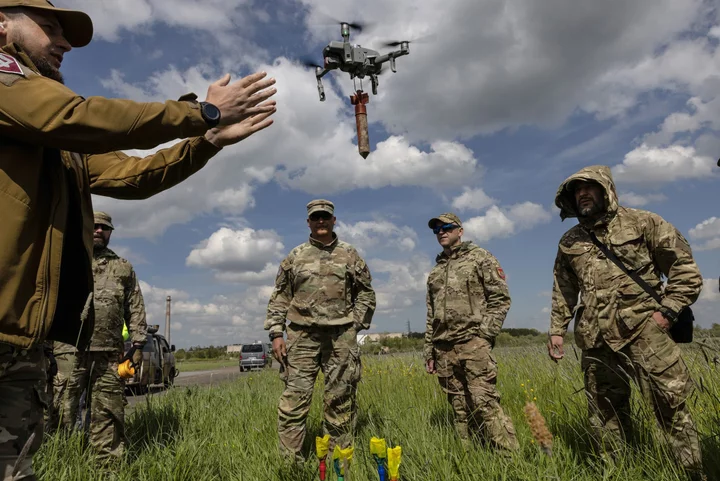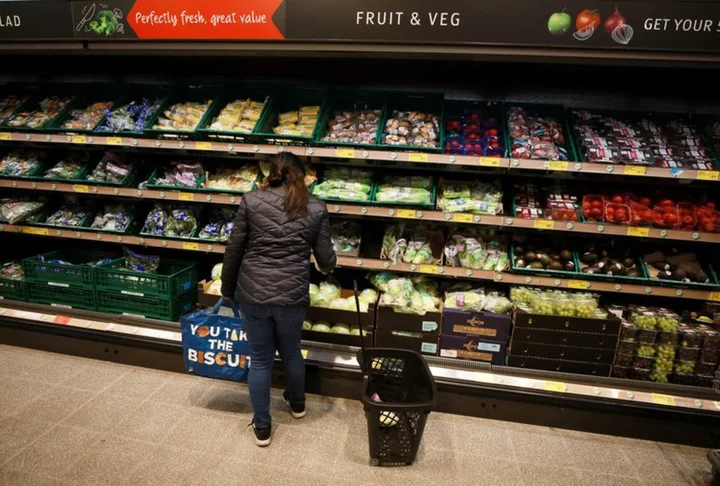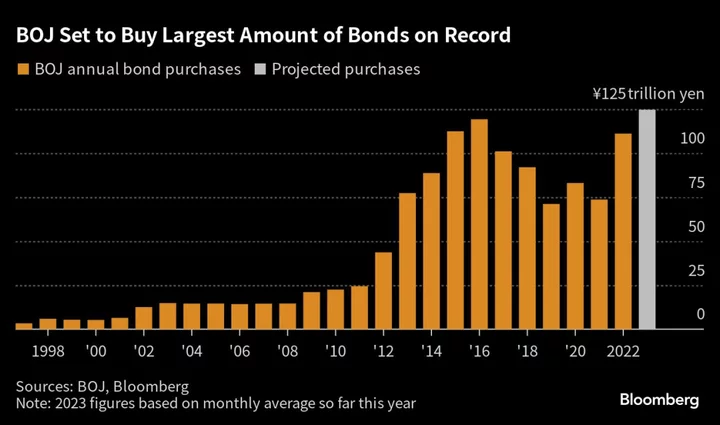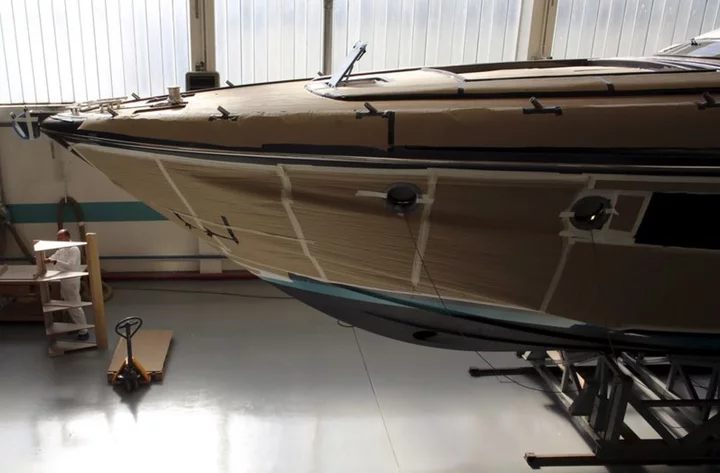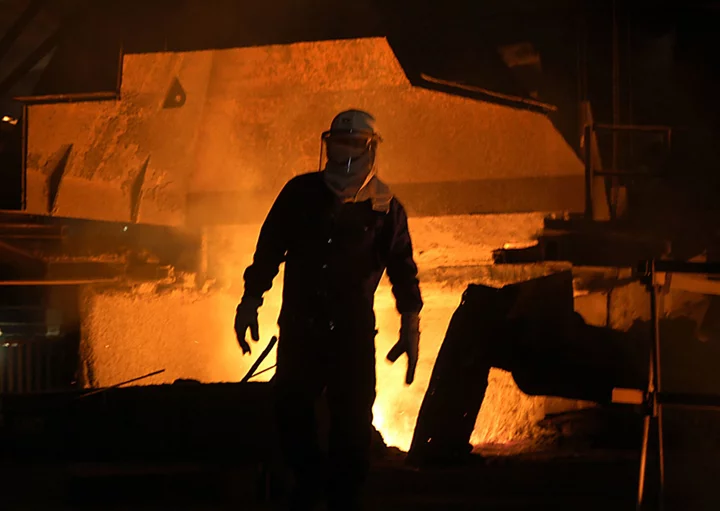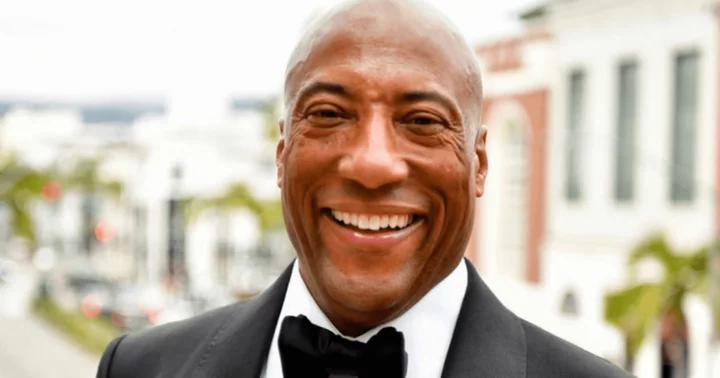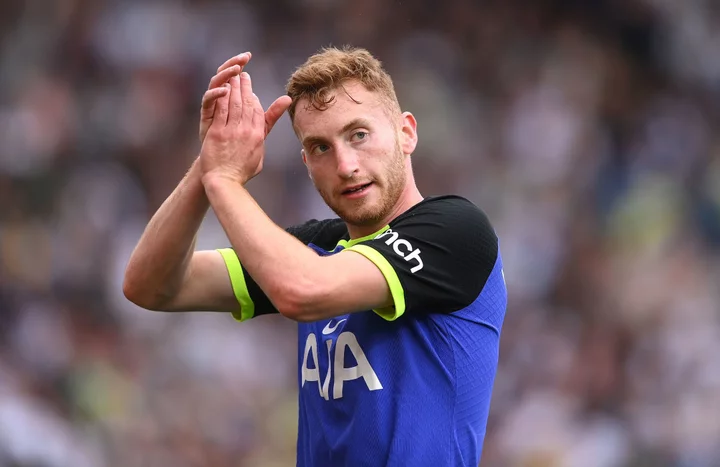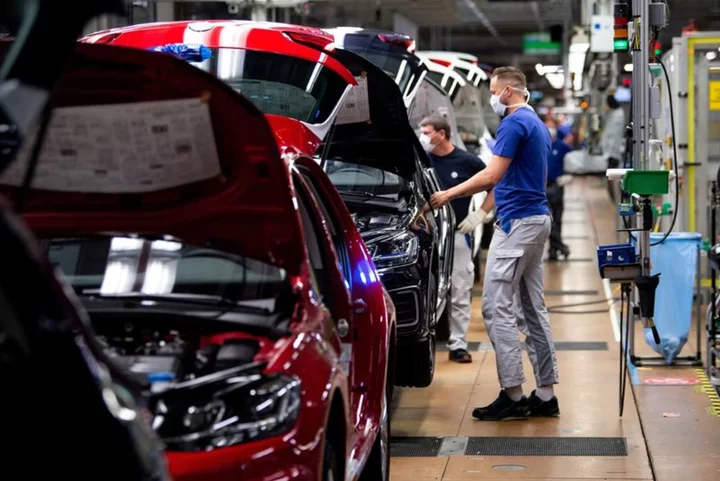Ukraine’s allies now worry the war is dragging into a long fight that may strengthen Vladimir Putin’s hand as hopes fade that Kyiv’s forces will deliver a definitive breakthrough this year.
More than two months into its counteroffensive, Kyiv has so far managed to make only tactical advances against heavily dug-in Russian forces, despite having committed many of the units trained and armed by the US and Europe for the operation. The window for further big actions is narrowing as wet and cold weather looms in the autumn.
Ukraine and its allies vow to keep up the fight as long as needed, but officials concede it will be a tall order to repeat the levels of massive support that made the current push possible. Stocks of ammunition in particular are depleted and production in the US and Europe won’t be ramped up until late 2024. F-16 fighters likely won’t arrive until next year, either.
Some of Ukraine’s supporters still see a chance its forces will break through Russian lines this year before the wet, cold weather sets in and complicates operations on Ukraine’s muddy steppes. Ukraine has confounded expectations and surprised Russia several times over the 18-month conflict, with the Kremlin yet to achieve any of its original goals.
Cluster munitions supplied by the US in recent weeks have helped Kyiv’s troops push Russian forces back, allowing advances beyond the first line of defenses in some areas, according to people familiar with the matter.
But as the offensive stretches on, sustaining aid is getting harder politically in the US. The fight to pass the next funding bill for Ukraine in Congress this fall is expected to be the toughest yet and this week’s Republican presidential candidate debate underlined the growing hostility in the party toward sending weapons and aid to Kyiv.
European officials worry President Joe Biden may eventually look to nudge Ukraine toward negotiations in the absence of significant battlefield progress as the campaign heats up next year.
Continued US support to Ukraine remains essential because Europe alone doesn’t have the military capacity to sufficiently bolster Kyiv’s forces, the people said. The Biden administration has repeatedly said it will back Ukraine for as long as it takes and has gradually increased the heft of weapons it’s providing Kyiv.
If fighting grinds to an impasse over the winter, “it’s a really big problem, there’s going to be war fatigue,” said Samantha de Bendern, an associate fellow at the Royal Institute of International Affairs. “The US is going to be less and less interested in what’s happening in Ukraine and it’s going to be more and more difficult for Europeans to convince the Americans that Ukraine is an American problem.”
Russia, meanwhile, has managed to get around allied attempts to starve its war effort of key components and has enough munitions for at least another year of fighting, the people said, noting that the Kremlin also has been able to continue bringing new troops to the front despite huge losses. Putin’s assessment is that a long war of attrition gives Russia an advantage, allied officials said, putting the onus on the US and Europe to prove him wrong.
The death of mercenary chief Yevgeny Prigozhin, who staged a brazen but abortive mutiny in June, has cemented Putin’s control— at least for the moment. Prigozhin’s Wagner forces have largely pulled out of Ukraine.
Read more: Putin Bolsters Power Base After Prigozhin Dies in Jet Crash
Earlier this year, the US and Europe were optimistic about significant progress as they poured armored vehicles, missile systems and other weapons into Ukraine, sending entire units for training in NATO countries. That hope has been replaced with a grudging recognition that even advanced weapons and tactics aren’t enough to rapidly defeat Russia’s massive and still-capable defenses.
This assessment of Ukraine’s efforts to repel Russia out of its territory is based on documents seen by Bloomberg and conversations with multiple officials who asked for anonymity to discuss sensitive information.
After head-on attempts to breach Russian lines without sufficient air cover yielded major losses in the first weeks of the counteroffensive, Ukrainian forces shifted tactics. Kyiv sought to wear its opponent down with long-range strikes on artillery and supply lines, probing with troops across a broad front. Advances have been slow.
The US would have preferred Ukraine stick with concentrated efforts to punch through Russian lines. But without enough air support to suppress Russian defenses, Ukraine would have faced even more punishing losses that would have been difficult to sustain.
That approach hasn’t delivered the kind of lightning victories that Ukraine had a year ago. Those successes had emboldened its leadership and allies to step up the fight to drive Russian troops from the roughly Portugal-sized swath of territory they still occupy.
Read more: Unexploded Missile Suggests Moscow Is Rushing Weapons to Front
Publicly, Kyiv and its allies deny the war is heading into some form of a stalemate this year, but privately, some officials warn that’s increasingly likely as gains on the ground come only slowly.
One of the diplomats said that given the rate of attrition and the resources at Ukraine’s disposal, Kyiv’s more calculated strategy was on balance the right call despite the added time it requires to execute.
Early Thursday, Ukrainian commandos staged a raid in occupied Crimea in a symbolic move on the nation’s Independence Day. Ukrainian troops also reported progress near the town of Robotyne in the south, where they are fighting through Russian minefields and trench systems in a push aimed at cutting off the Kremlin’s land bridge to its forces in Crimea.
Robotyne is tactically significant because a Ukrainian advance in the area may allow Kyiv’s forces to begin operating past the densest Russian minefields, analysts from the Institute for the Study of War said earlier this week.
But the heavy use of mines, combined with Russia’s air power, has been a particular challenge. Russian forces have relaid minefields and re-erected obstacles using artillery and helicopters as Ukrainians push toward or through frontlines — and in some cases have redeployed mines behind the Ukrainian forces — one Western intelligence official said. While more demining equipment would help, Ukraine also needs short-range air defense systems to help protect the advancing units, the official said.
Read more: Russia Says It Downed Drone Swarm and a Missile From Ukraine
While the Kremlin remains convinced it can outlast the US and its allies, its war effort has also faced headwinds as the conflict drags on. Recruiting is on pace to deliver only 230,000 new troops this year, short of the Kremlin’s 400,000 target, according to a UK official. That’s hampered its ability to mount new offensives, especially with its own minefields limiting room for operations.
But even that reduced flow of fresh forces is still quite substantial. And Russia has been successful at ramping up its ammunition and other supplies. It has enough ammunition of various kinds for about a year because they’ve been able to import sanctioned components or substitute them, allowing them to produce at a rate faster than in Europe by adapting and cutting corners, one official said.
Another variable that may determine the shape of a lengthier war is the stability of Putin’s regime in the longer term. Prigozhin’s alleged assassination will have signification implications, even if those take time to play out. As one official noted, the mercenary leader’s death won’t cover up the weakness that his insurrection exposed nor undo the damage to Putin’s image.
--With assistance from Courtney McBride, Olesia Safronova and Aliaksandr Kudrytski.
Author: Alberto Nardelli, Natalia Drozdiak and Alex Wickham

